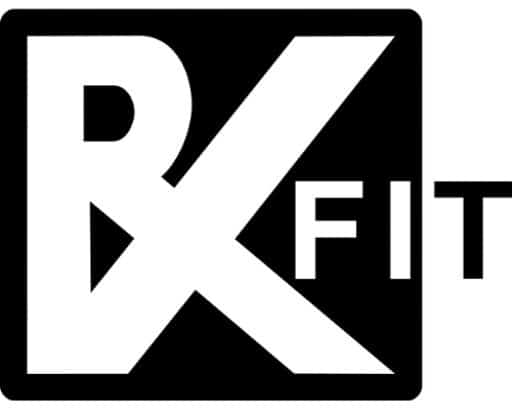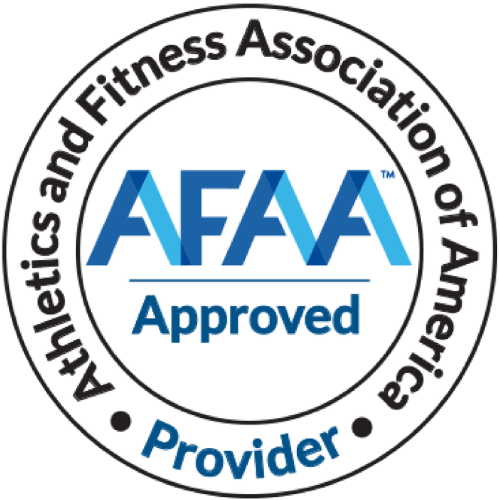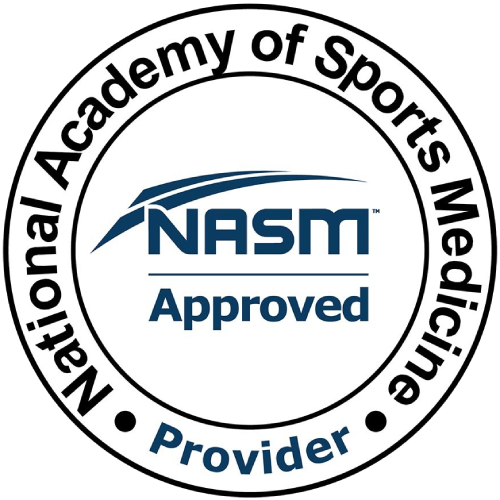Wondering how much protein to gain muscle effectively? You’re not alone — it’s one of the most common questions in fitness nutrition. As a nutritionist, I can confidently say this: protein is essential for muscle growth. But how much is enough? Let’s break it down with science-backed guidance and practical tips.
Why Protein Is Essential for Muscle Growth
Muscle tissue is primarily made of protein. During strength training or resistance workouts, you create tiny tears in your muscle fibers. Protein — specifically, its amino acids — is what your body uses to repair and rebuild those fibers, making them stronger and larger over time.
Without enough protein, your body can’t build muscle efficiently. This is why getting your intake right is key to seeing results.
How Much Protein Do You Need to Gain Muscle?
General guideline:
👉🏼 1.6 to 2.2 grams of protein per kilogram of body weight per day
—or—
👉🏼 0.7 to 1.0 grams per pound of body weight per day
Example:
If you weigh 154 lbs (70 kg), you should aim for 112g to 154g of protein per day for optimal muscle growth.
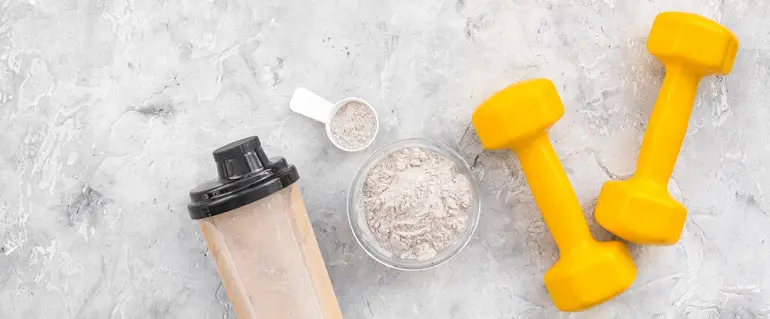
Why the Range?
Your ideal protein intake depends on several personal factors:
- Training intensity: The more rigorous your workouts, the more protein your body needs.
- Age: Older adults may require more protein to prevent age-related muscle loss (sarcopenia).
- Caloric intake: If you’re in a calorie deficit (e.g., during fat loss), slightly higher protein can help preserve muscle mass.
- Body composition goals: The leaner and more muscular your target, the higher your protein needs within the range.
Do you enjoy learning about macronutrients, superfoods and health tips?
Subscribe to our newsletter and expert insights on fitness, nutrition, and overall wellness, delivered straight to your inbox every month.
Protein Timing: When You Eat Matters (Sort Of)
You’ve probably heard about the “anabolic window” — the idea that you must drink a protein shake right after your workout. While post-workout protein is beneficial, total daily intake matters more.
Best practice:
- Distribute protein evenly across your meals — aim for 20–40g per meal, depending on your size.
- Include a protein-rich meal or shake within 1–2 hours post-workout to support muscle repair.
Quality of Protein: Not All Sources Are Equal
When focusing on how much protein to gain muscle, quality is just as important as quantity.
Prioritize complete proteins:
- Animal-based: Chicken, turkey, eggs, beef, fish, dairy
- Plant-based: Soy, quinoa, buckwheat
(If you’re plant-based, combine foods like rice and beans to get all essential amino acids.)
One amino acid, leucine, plays a major role in stimulating muscle protein synthesis. It’s found in high amounts in animal proteins and in soy. Try to include leucine-rich foods in each meal for optimal muscle growth.
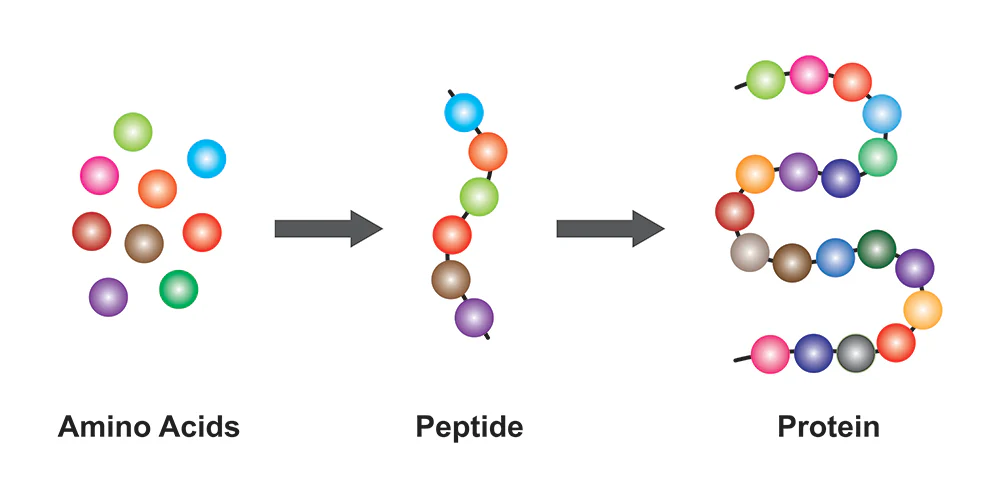
Sample High-Protein Meal Plan (~130g/day)
Here’s how a day might look for someone targeting 130 grams of protein:
- Breakfast: Greek yogurt + granola + berries – 25g
- Snack: Protein smoothie – 30g
- Lunch: Grilled chicken + quinoa + vegetables – 35g
- Dinner: Salmon + roasted sweet potatoes + greens – 40g
Total: 130 grams of high-quality protein
Final Thoughts on How Much Protein to Gain Muscle
To build muscle effectively, you need a mix of consistent training, smart recovery, and proper nutrition. Protein is a foundational piece — but it works best when paired with a well-rounded fitness and recovery routine.
Bottom Line:
✅ Aim for 0.7–1.0 grams of protein per pound of body weight daily
✅ Focus on complete, high-quality protein sources
✅ Distribute protein intake throughout the day
✅ Combine with strength training and good sleep for best results
Want personalized advice on macro coaching from our in-house Functional Nutritionist? If you are interested in learning more about 1:1 coaching program, book a complimentary call
or send email to nini@rxfitatx.com
